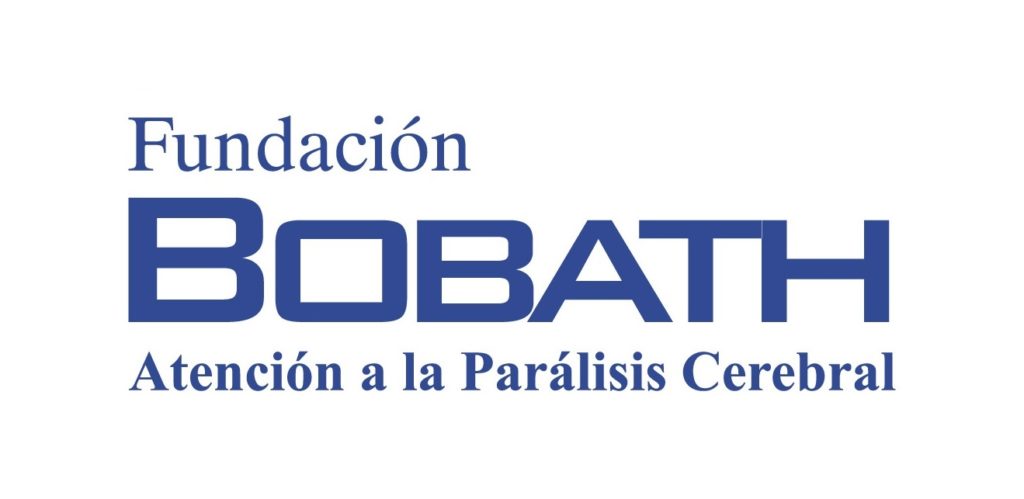System Error codes refer to error messages and errors that programmers can use when their software is experiencing a problem. They can be displayed by computers to users in response to software problems or hardware issues, or even specific types of input by the user. System error codes are typically presented as an acronym that includes an explanation of the error along with a suggestion for what to do next.
These errors are visible on the Internet when a website isn’t available, or when there is an internal server problem, such as a data base issue. On local machines they could be as simple as «file too long» where the solution is changing the name of the file or more right here complicated, such as «no disk space left.» In this scenario the user might need to close the program (to free swap use of files) or erase some files, or purchase a larger hard drive.
Other system issues could be as severe as «fatal error,» in which a program has decided to quit or give up, however they can also be as subtle as a signal that something isn’t quite right. The header file errno contains error codes for virtually every error that could occur on the GNU/Hurd operating system.
These errors can range from simple «text file busy» when an operation is trying modify a read-only file, to the more complex «broken pipeline.» These errors can also mean that the function attempting to perform on the resource has been interrupted by a signal such SIGPIPE that has not been dealt with.



